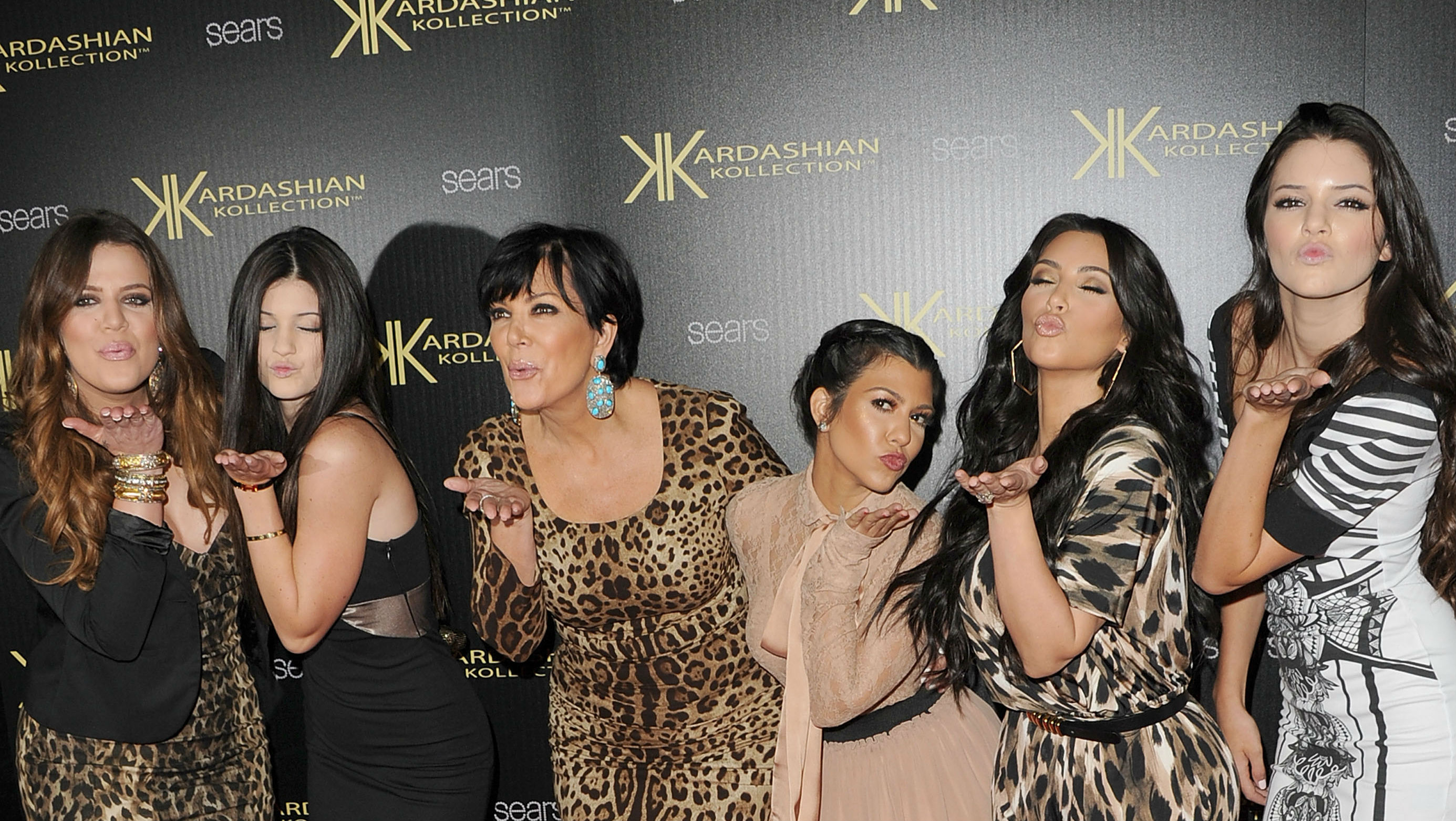Baykanber Insights
Your go-to source for the latest news and trends.
Reality TV: Where Dreams Go to Drama
Dive into the wild world of reality TV, where dreams collide with drama! Discover the latest gossip, twists, and unforgettable moments!
The Psychology Behind Reality TV: Why We Love the Drama
The allure of reality TV can often be traced back to our innate psychological tendencies. Humans have an inherent fascination with conflict and drama, which reality shows provide in abundance. This psychological attraction stems from our evolutionary past, where observing social hierarchies and conflicts was crucial for survival. By engaging with these trending shows, viewers vicariously experience the highs and lows of the participants' lives, leading to a phenomenon known as emotional contagion. This allows audiences to feel a sense of connection and empathy, validating their own life experiences while simultaneously enjoying the thrill of the drama unfolding onscreen.
Furthermore, reality TV serves as a mirror reflecting societal norms and values, allowing viewers to explore complex human behaviors in a safe environment. The exaggerated personas and situations compel us to evaluate our own beliefs and morals, often leading to heated discussions about right versus wrong. This dramatic narrative structure reinforces our engagement as we root for our favorite characters or vocally oppose their decisions. Ultimately, it is the blend of entertainment and relatability that keeps audiences glued to their screens, effectively transforming reality into a shared social experience that captivates millions.

From Casting to Conflict: How Reality TV Productions Create Tension
From casting to conflict, reality TV productions employ a meticulous strategy to generate tension and keep viewers hooked. The casting process itself is designed to assemble a diverse group of personalities, ensuring a mix of backgrounds, motivations, and temperaments. Producers often seek out individuals who are not just entertaining but also have the potential for strong conflicts. For example, they may look for candidates who possess opposing viewpoints or are known for their fiery tempers. This careful selection sets the stage for interpersonal drama, with the first stirrings of conflict often beginning during the initial group interactions.
Once the cast is assembled, productions utilize various techniques to escalate conflicts. This can include strategic editing, where producers highlight moments of tension or disagreement, creating a narrative that portrays cast members in a particular light. Additionally, producers may orchestrate situations that demand emotional responses, such as surprise eliminations or unexpected challenges. These moments not only elevate the stakes but also lead to genuine reactions, further fueling the fire of conflict between contestants. Ultimately, the combination of carefully curated casting and strategically implemented scenarios keeps audiences engaged and eagerly anticipating each episode.
Is Reality TV Harmful to Real Relationships?
Reality TV shows have gained immense popularity, captivating audiences with their dramatic plots and often outrageous scenarios. However, the impact of these programs on real relationships has increasingly come under scrutiny. Critics argue that the hyper-reality presented in these shows sets unrealistic standards and expectations in personal interactions, which can lead to dissatisfaction and conflict among couples. For instance, when individuals compare their relationships to the seemingly perfect couples on screen, it can breed insecurity and resentment, ultimately harming the real connections they share.
Moreover, the portrayal of conflict in reality TV can normalize destructive behaviors such as manipulation and deceit. Viewers may begin to believe that such actions are acceptable or even necessary to gain attention and validation. This adds pressure on individuals to act out, gravitating toward drama rather than authenticity in their real relationships. Ultimately, while reality TV may provide entertainment, it also raises critical concerns about its long-term effects on how people perceive and engage in healthy interpersonal dynamics.